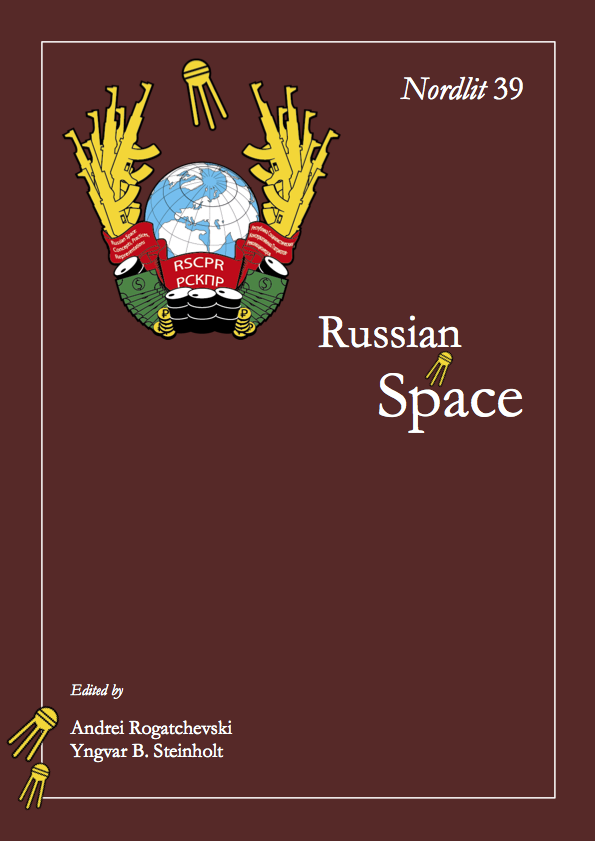The dialogic nature of dystopia in Alisa Ganieva's novel The Mountain and The Wall
DOI:
https://doi.org/10.7557/13.4204Keywords:
Caucasus, Dagestan, dystopia, utopia, postcolonial studies, post-Soviet space, Alisa GanievaAbstract
In this article I discuss and analyze the dystopian and utopian discourses in Alisa Ganieva’s novel The Mountain and the Wall (Prazdničnaya gora, 2012; English translation 2015). My particular interest lies in the connection between geographical imagination and postcolonial themes, as well as the relationship between gender and space. The chosen approach to Ganieva’s novel leaves out many other interesting topics, such as the role of Islam in the story, and questions about national and ethnical identity, but I will only elaborate upon them whenever they appear relevant to the outlined approach. My aim is not to label Ganieva’s work as a postcolonial novel, but to discuss the possibility to read it from a postcolonial point of view and to read a postcolonial thematic in it, among many other interesting themes.









